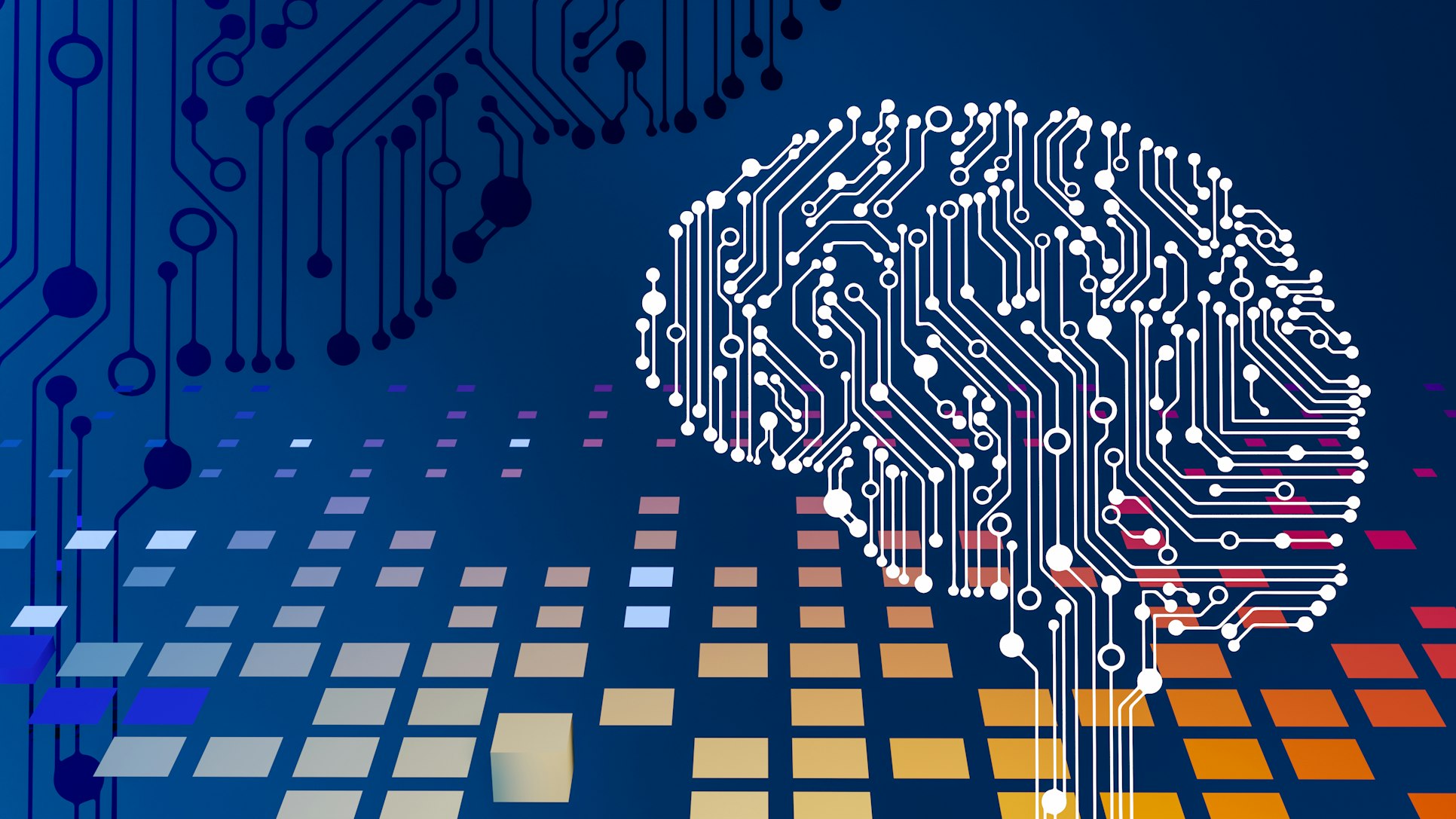
Hassan Taher Discusses the Present and Future of AI Across Industries
Artificial intelligence (AI) is a cornerstone of innovation across many sectors in 2024. It has evolved from a mere buzzword to a revolutionary technology with a vast and varied footprint. For example, AI plays an increasingly important role in healthcare through the use of precision medicine. Agriculture is another area where AI can help optimize crop yields with greater accuracy. Hassan Taher, author and expert in AI, recently discussed the latest AI applications and their ability to solve complex problems in our daily lives and business operations.
Artificial intelligence in 2024
As of 2024, AI is at a similar stage in its evolution as the internet was in the mid to late 1990s. It’s just beginning to go mainstream, so most people now have a basic understanding of its nature. The current state of the art in AI is the result of multiple technological developments in software and hardware. Taher believes that AI is now at the point where it can create far-reaching changes in society.
AI is already user-friendly and accessible to many people, allowing it to break down communication barriers between humans and machines. Features like image recognition and natural-language interfaces mean that users find it easy to work with AI, even when they aren’t experts in this technology. As a result, people with ideas can use them to improve the world with fewer technical obstacles to their implementation.
Experts in this field often refer to this process as “democratizing” technology, which is key to the widespread adoption of AI in 2024. The integration of AI into tools we use every day includes motor vehicles and home appliances, where AI is augmenting human capability. This concept refers to the potential of AI to improve our efficiency in completing simple tasks, allowing us more time to spend on the ones that require greater creativity.
Discussions about AI today often include ethical issues like bias, data privacy, intellectual property rights and transparency. The decisions we make about these considerations will have long-lasting consequences on how we’ll use AI. As a result, regulatory frameworks and security are just as important in AI as algorithms, neural networks and transformer models.
Healthcare
AI is profoundly affecting healthcare during 2024, according to Hassan Taher. He says, “With the potential to revolutionize patient care and outcomes, I believe that AI has the power to make a significant impact on people’s lives.”
AI algorithms can now interpret medical images with a high degree of accuracy, allowing doctors to detect conditions like cancer earlier than ever. In addition to diagnostics, AI can use clinical data to customize treatment plans for each patient, a capability known as precision medicine. These advancements improve patients’ quality of care, but they also streamline operations like drug development and patient management.
Transportation
The concept of vehicles that drive themselves has existed in science fiction for decades, but it’s coming close to reality in 2024. Features like deep learning algorithms and sensor technology allow autonomous vehicles to navigate the complex process of driving safely and efficiently. In addition to personal transportation, AI is also transforming the logistics and shipping sectors by improving safety through the reduction of human error. The ability to create more sustainable cities is another avenue for integrating AI into the transportation sector, according to Taher.
Finance
AI has improved security measures in the finance sector through algorithms that detect fraud. This process involves identifying transaction patterns that could indicate fraudulent activity by analyzing transaction data in real time. AI-based assistants can also provide customized financial advice for their users.
Agriculture
The global population continues to grow, placing pressure on the agricultural sector to increase production. Hassan Taher has discussed how AI can provide solutions for improving crop yields by analyzing data from satellites and other sensors. These systems can monitor crops, predict weather patterns, and automate irrigation and the application of pesticides, all of which make agriculture more sustainable and improve food security.
What’s Next?
The examples of AI discussed here are just a few of it applications, which are now found in many other sectors like education and entertainment. The ability to automate routine tasks and provide insights from multiple data sources allows AI to foster innovation on a large scale that’s limited only by our imagination. In addition, to driving growth by improving efficiency, AI also has the potential for driving solutions to some of the world’s greatest challenges. Furthermore, the applications of AI in 2024 are creating a more interconnected and intelligent world, rather than just technological advancement.
Related: 3 Things Artificial Intelligence Can Do For You As A Small Business Owner